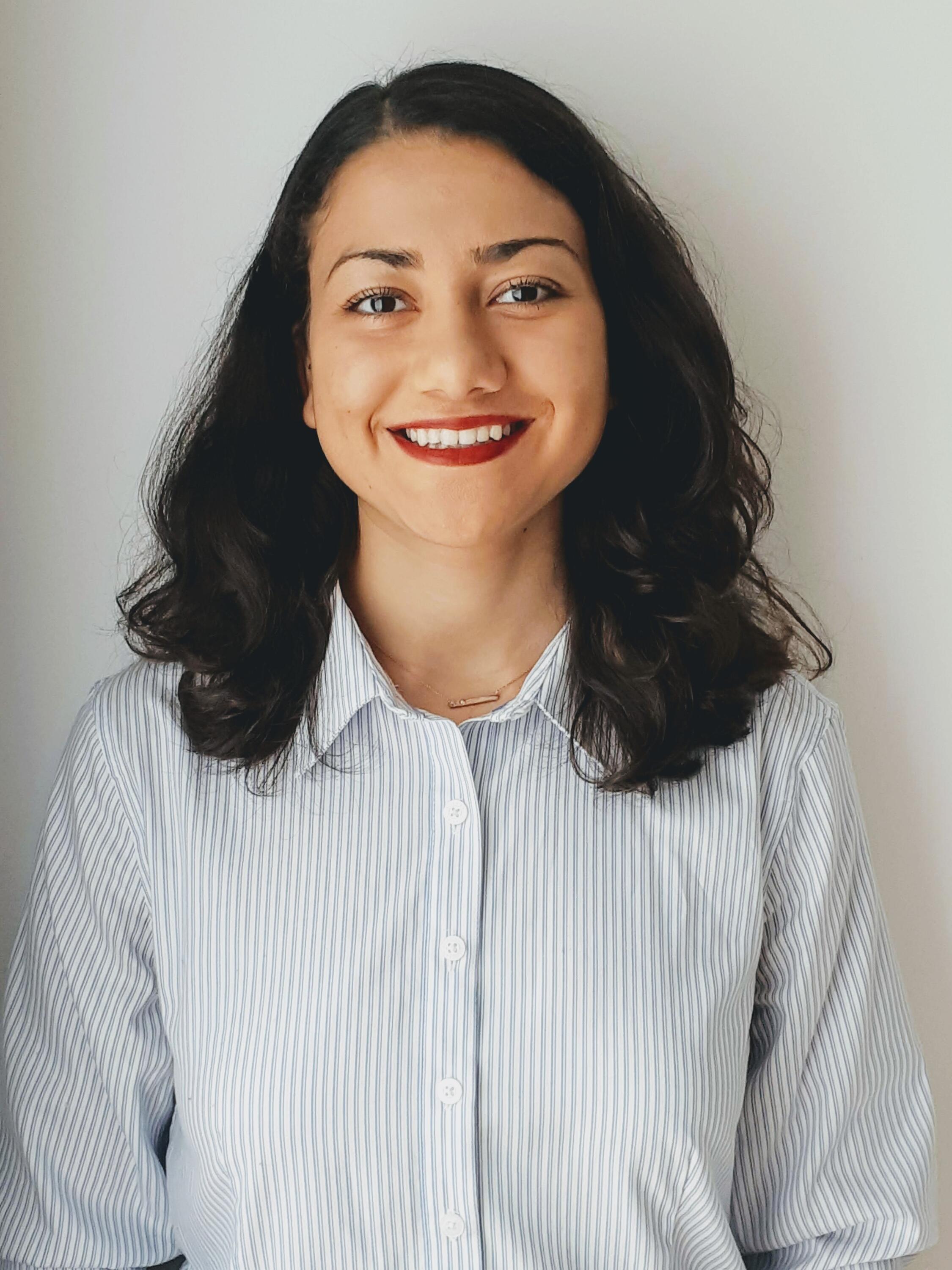When faced with a new challenge, it never hurts to call a friend for advice. But, as many first-year students discover, it can be difficult to find someone who can relate. Fortunately, this year’s new chemical engineering students have exactly that – an experienced buddy to steer them in the right direction.
With the help of fourth-year chemical engineering (ChE) student Monika Mikhail, a group of experienced chemical engineering students, known as ‘ChE buddies,’ are helping first-year students find early success. What started out as a support for the first academic term has been so s

The ChE Buddy Program pairs first-year students with volunteers from the upper years. They touch base regularly, using a video chat app or talking over the phone. Volunteers check in with their first-year buddy and learn about their upcoming challenges. Then they share stories from their own experience and suggest strategies and resources to encourage success. They may also help their buddy reflect on challenges faced in the previous week, like if a test went poorly because they ran out of time, and help them identify what they could do differently in the future.
Fourth-year chemical engineering student Monika Mikhail organized the ChE Buddy program. It connects first-year students with upper-year students who share strategies and resources that help ease the transition into university and promote early success.
Mikhail was inspired by the many first-year support initiatives provided through MSCI 100: Management Engineering Concepts, including a coaching program and a website, Owner’s Manual for the Student Brain. This website was designed to support students through their transition from high school to university. Soon it will include new content, co-authored by Mikhail and Ken McKay, professor in the department of Management Science, to support the transition to co-op employment.
First-year challenges
Mikhail started thinking about the ChE Buddy Program when she learned the pandemic would necessitate a remote fall term. She worried about the first years who hadn’t yet learned the strategies or found the resources they needed to be successful in university.
“When you are doing classes online, it’s up to you to do what you need to do to succeed. You need to be self-motivated and organized and have time management skills to stay on track and budget your time accordingly. However, if you don’t know what you need to do and you haven’t built the necessary skills, it can be more difficult,” Mikhail explains.
Pandemic aside, first year can be challenging.
“I remember how difficult my first year was. Four years later, the chemical engineering program has truly changed the way I think. Co-op changed me as a professional,” says Mikhail. “My first-year self could have benefited from resources that I didn’t know about and habits that I didn’t know would be helpful.”
Although she learned through experience and by talking with upper-year students she met through classes and clubs, Mikhail reasoned that students entering university during the pandemic would have a harder time making those connections.
The ChE Buddy Program provides an easy and convenient way to bring people together. As Mikhail says, “Sometimes, all it takes to overcome a hurdle is to talk with someone who has been there and knows the best way to handle it.”
Avoiding tunnel vision
A simple shift in thinking can often provide the trigger someone needs to find their own solution.
“We encourage our buddies to think of their struggles from a new perspective,” says Mikhail. “It’s easy to get tunnel vision. And it can get worse when first years talk with others who are experiencing the same things and developing their own version of tunnel vision. Problems can get reinforced rather than diminished. But hearing a new perspective from someone who has been there can sometimes break the pattern and introduce better coping strategies and optimism.”
Finding success
Participant surveys indicate that first-year students are grateful for the advice, and also for the chance to talk with someone who can relate to their situation. Volunteers are happy to put their experience to good use and help new students learn the ropes.
That feedback doesn’t surprise Mikhail. “First year is a struggle. Everyone struggles. But, it’s doable, and lots of people are willing and able to help make the transition smoother. In no time, our first years will have developed the skills and the know-how to handle more challenges on their own, and,” Mikhail says with a smile, “they’ll be ready to share their wisdom with next year’s new students.”